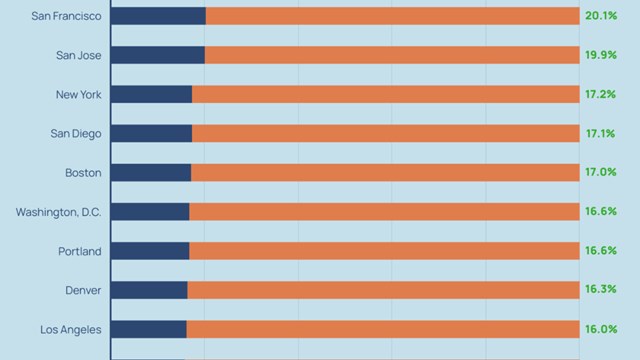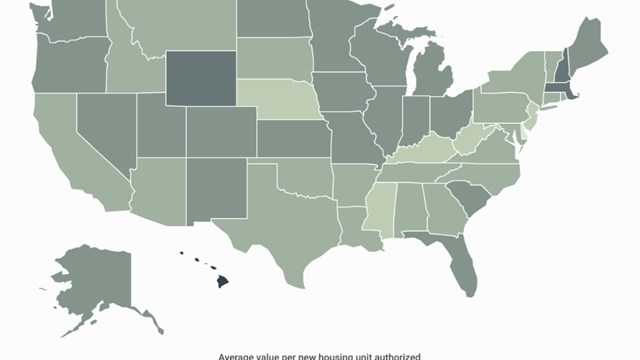On January 25, 2007, the Appellate Division struck down key provisions of the regulations of the Council on Affordable Housing (COAH) limiting municipal fair share housing obligations for the period from 1999 to 2014 (often referred to as the "third round"). The court acted in a case brought on behalf of the New Jersey Builders Association (NJBA). The court ordered COAH to adopt lawful regulations within six months. It barred COAH from acting on any of the more than 250 pending petitions by municipalities for approval of their housing plans until it adopts lawful regulations.
The Decision
In its lengthy opinion, the court invalidated COAH's so-called "growth share" methodology for determining municipal fair share obligations. It also ruled that COAH could not authorize municipalities to meet their housing obligations by requiring builders to provide affordable housing without also providing compensating incentives. In other rulings, it rejected COAH's subtraction of 50,000 units from its determination of the state's unmet housing need for alleged affordable housing provided through "downward filtration" of previously unaffordable housing. It also ruled that COAH could not authorize municipalities to restrict 50 percent of affordable housing to senior citizens.
What it Means
The decision is far-reaching. It potentially affects all property owners and all developers and redevelopers of residential and non-residential projects. On each of the key points in its decision, the Appellate Division adopted the arguments made by Hill Wallack LLP.
For example, the court held that COAH's so-called "growth share methodology," which calculates municipal housing obligations based upon municipalities' own projected housing and employment growth, is unconstitutional. The court concluded that, as formulated by COAH, this methodology does not require municipalities to act to satisfy the actual unmet housing need, but instead encourages them to seek to reduce their housing obligations by deterring development.
The court also ruled that so-called "pass-through" or "growth share" ordinances—ordinances that require builders to construct affordable housing in every development without providing compensating incentives—discourage production of affordable housing. It held that such ordinances are not a constitutionally acceptable means of meeting the municipal housing obligations.
The court rejected COAH's claim that municipal housing obligations can be reduced because large numbers of safe, decent housing units are available to lower income families as a result of the declines in housing prices. It concluded that COAH had no evidence that there is a surplus of housing, or that declining housing prices are in fact making housing affordable to lower income families.
Among other rulings, the court declared that COAH cannot increase the proportion of affordable housing that municipalities may restrict to senior citizens from 25 percent to 50 percent. It held that restricting affordable housing to senior citizens was potentially exclusionary and that COAH lacked sufficient evidence to justify any such increase.
Because of its broad effect, the court's decision will require property owners and builders who do not already have final development approvals to make careful tactical decisions over the next six months.
By necessity, this summary can only begin to describe the many rulings in the court's opinion, and their ramifications. This article provides information of general interest and is not intended, and should not be used, as a substitute for consultation with legal counsel. Any questions regarding the specific issues raised in this article should be directed to Thomas F. Carroll, Esq. at 609-734-6336 or by email at info@hillwallack.com.
Hill Wallack LLP is a Princeton-based law firm, whose Community Association Law Practice Group, counsels condominium and homeowner associations, cooperatives and real estate developers throughout New Jersey and Eastern Pennsylvania.










Leave a Comment